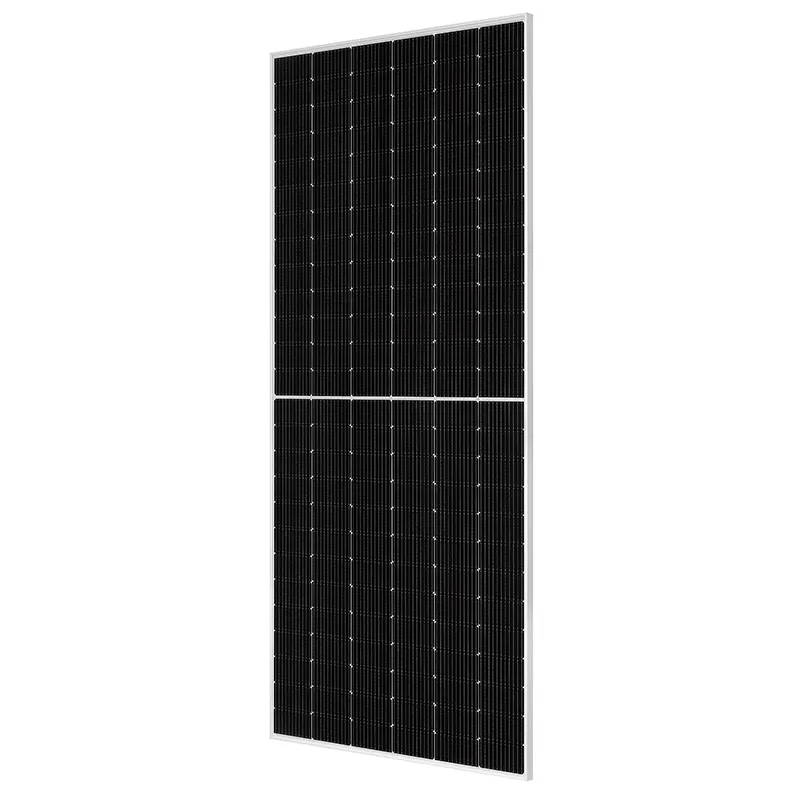Efficient Three-Phase Hybrid Solar Inverters for Optimal Energy Management and Performance
Understanding Three-Phase Hybrid Solar Inverters A Comprehensive Overview
As the world pivots towards renewable energy, solar power stands out as a prime candidate for sustainable and clean energy generation. Among the various technologies populating this space, three-phase hybrid solar inverters have gained significant attention due to their efficiency, flexibility, and capability to integrate multiple power sources. This article delves into the functioning, benefits, and applications of three-phase hybrid solar inverters.
What is a Three-Phase Hybrid Solar Inverter?
A three-phase hybrid solar inverter is a sophisticated device that converts direct current (DC) generated by solar panels into alternating current (AC) suitable for use in homes, businesses, and for feeding back into the grid. Unlike standard inverters, hybrid models can manage inputs from multiple energy sources, including grid electricity and battery storage systems. This allows for greater energy management efficiency and maximizes the utility of renewable energy resources.
Key Features of Three-Phase Hybrid Solar Inverters
1. Multi-Source Management These inverters can connect to various energy sources, enabling seamless switching between solar power, battery storage, and grid power based on availability and demand. This feature helps optimize energy usage and reduces reliance on the grid.
2. Energy Storage Integration A hybrid inverter can function with battery storage solutions, allowing users to save excess energy generated during the day for use during peak hours or at night. This capability is particularly important in regions with time-of-use electricity pricing.
3. Grid Independence One of the standout benefits is the ability to operate independently of the grid (during power outages, for instance), thus providing critical backup power to essential circuits in homes and businesses.
4. Scalability and Flexibility Whether it's a small residential installation or a larger commercial application, three-phase hybrid inverters can be scaled to meet specific power needs. This flexibility is especially valuable for growing businesses that may need to expand their energy capacity over time.
5. Advanced Monitoring and Control Most modern hybrid inverters offer advanced monitoring features that provide real-time data on energy production, consumption, and battery status. This allows users to make informed decisions about their energy usage and optimize their solar investments.
three phase hybrid solar inverter

Benefits of Using Three-Phase Hybrid Solar Inverters
1. Increased Energy Autonomy By efficiently managing energy storage and generation, users can significantly reduce their dependence on the traditional power grid. This not only results in cost savings but also enhances energy security.
2. Cost-Effective Although the initial investment for hybrid systems with high-capacity inverters may be higher, the long-term savings on electricity bills and potential earnings from feed-in tariffs (when excess energy is sold back to the grid) may offset these costs.
3. Environmental Impact Utilizing solar energy reduces carbon footprints and reliance on fossil fuels. Hybrid inverters promote a more renewable energy mix, contributing to global sustainability efforts.
4. Resilience During Power Outages Hybrid systems maintain power availability during blackouts, which is crucial for critical loads like refrigeration, medical equipment, and IT systems.
Applications
Three-phase hybrid solar inverters are particularly well-suited for
- Residential Solar Systems Offering homeowners a way to harvest solar energy while ensuring reliable backup power. - Commercial Buildings Enabling businesses to effectively manage their energy costs and improve operational efficiency by utilizing renewable energy. - Industrial Applications Supporting large-scale operations with significant energy needs through effective energy management.
Conclusion
In summary, three-phase hybrid solar inverters represent a significant advancement in solar technology, combining the benefits of solar energy generation with efficient energy management and storage capabilities. Their flexibility, reliability, and environmental advantages make them an attractive choice for a wide range of applications, from residential to commercial and industrial deployments. As the emphasis on renewable energy continues to grow, adopting advanced technologies like three-phase hybrid solar inverters will be crucial in building a more sustainable future.
-
Understanding the Advantages of Solar String Inverters for Your Energy SystemNewsApr.29,2025
-
Choosing the Right PV Inverter: A Comprehensive GuideNewsApr.29,2025
-
The Future of Solar Power: Exploring Bifacial Solar PanelsNewsApr.29,2025
-
The Complete Guide to Solar Panels: Efficiency, Cost, And InstallationNewsApr.29,2025
-
The Best Options for Efficiency and Cost-EffectivenessNewsApr.29,2025
-
Harnessing the Power of Off-Grid Solar Inverters for Energy IndependenceNewsApr.29,2025







